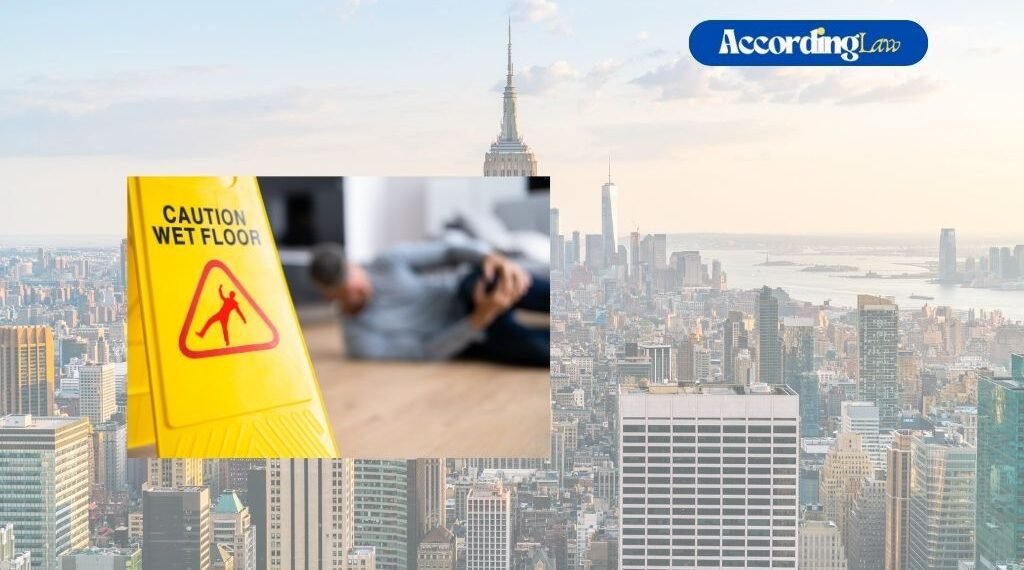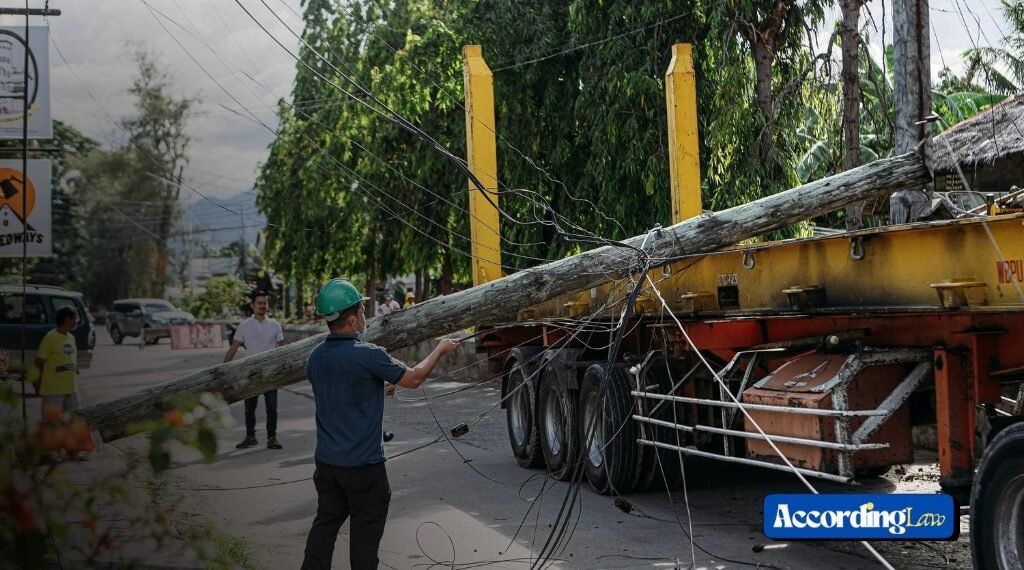Slip and fall accidents can leave you facing unexpected injuries, medical bills, and financial burdens. Things can become even more complicated if one does not understand who to hold liable, especially if the accident occurred due to another party’s negligence.
The good news is that a personal injury lawyer can help establish fault and secure the compensation you deserve. However, understanding the basics of liability in New York’s cases will give you the background information you need before seeing a legal professional.
Let’s break down the complexity involved in establishing liability for slip and fall accidents in New York.
Table of Contents
The Role of Property Owners and Tenants
Property owners are required to maintain safe premises for visitors. This involves immediately eliminating potential hazards such as wet floors or uneven surfaces. Failure to do so could lead to legal liability if a person falls.
Tenants also play a part, especially when they control parts of the property. For instance, if you lease an office space, keeping your area hazard-free is your responsibility. Failure to maintain safety standards could lead to accountability.
When accidents occur, courts examine both parties’ roles in maintaining safety. Understanding these responsibilities helps identify who might be liable for your injuries after a slip and fall incident.
Common Hazards Causing Slip and Fall Injuries
Several factors contribute to slip and fall accidents in New York. The most common is a wet or freshly waxed floor. Many of these floors are not marked to indicate caution, and an individual could slip and fall without being aware of the danger.
Loose rugs and carpets are another major factor in homes and businesses. Sometimes, they are not properly fastened and may slip, causing trips and falls.
Moreover, crowded walkways, with obstacles such as boxes or electrical cords, pose additional hazards. The situation can be worse in areas with poor lighting, resulting in reduced visibility.
Gathering Evidence for Your Claim
“If you happen to file a slip-and-fall claim, documentation is essential.
Photography of the area where your accident occurred might show wet floors or missing warning signs, and these pictures are rather valuable in building evidence of your claim,” says personal injury attorney Neal Goldstein of Goldstein & Bashner.
Witnesses can also provide crucial testimony. It would help to collect contact information from anyone who saw the incident. Their statements might help clarify what occurred and bolster your claim.
Official records, like medical and incident reports filed with property management, further strengthen your case. Such documents verify injuries and show efforts made to report hazards promptly.
New York’s Comparative Negligence Law
In New York, the comparative negligence law plays a vital role in slip and fall cases. The law apportions fault among parties so that even when you are partially responsible for the accident, you can recover some compensation.
If you are partially liable, the compensation will be reduced according to your percentage of liability. For example, if you are determined to be 20 percent at fault, you may still recover 80 percent of the damages suffered.
Insurance companies often employ comparative negligence to limit their liability. Thus, it is crucial to have a solid representation with strong evidence.
Working with Personal Injury Attorneys in New York
The best thing injured New Yorkers can do to pursue personal injury claims is to use experienced attorneys. Such attorneys know all the particulars of the local law, from the statute of limitations to comparative negligence.
Lawyers can investigate and create a robust claim with all the necessary evidence. Their network is often one that includes professionals who can act as witnesses for technical parts, strengthening your claim.
Legal experts can fight on your behalf to negotiate and demand fair compensation during negotiations. Insurance companies are more likely to grant a good settlement when they know one has strong representation.


